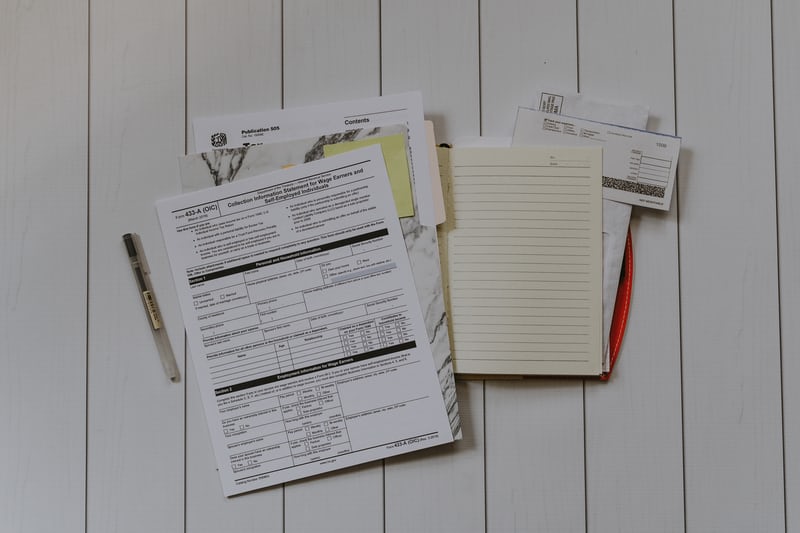Tax Service
Prior Year/Amended Tax Returns
When should you file prior tax returns?
Prior year tax returns, and any old tax forms from prior years, must be filed regardless of whether or not you can pay in full. When you file your past due return you must do it the same way when you file current year taxes and to the same location as your on-time return. In case you have already received a notice you must send the tax documents for your tax returns to the location it indicated.
It is essential to have completed tax returns to avoid interest and penalties and ensure a maximum refund guarantee in line with your income withholdings or estimated taxes.
What if I don’t have completed tax returns?
Mainly you risk losing a full refund in case you don’t file your tax return. Additionally, by failing to comply with up-to-date federal tax returns and tax return filing, your social security benefits could be lost.
Any income that you perceive as a self-employed individual won’t be reported to the Social Security Administration therefore credits towards retirement funds or disability benefits won’t be registered.
Avoiding filing prior year’s tax returns or older federal taxes can increase the difficulty for you to access a loan. Loan approvals can be delayed if you don’t file all your returns. Since the IRS receives all the returns, and those are shared with financial institutions and mortgage lenders, being behind with old tax returns will undoubtedly make the process for a loan more challenging.

What if I can’t pay?
The IRS facilitates three options for when you owe more than you can pay. You can request an additional 60 to 120 days to pay in full what you owe through a free federal file. If you still require more time for your payments you can ask for an installment agreement, or you may qualify for an offer in compromise.
These procedures facilitate individuals to catch up with their payments. Just because you failed to file a tax return doesn’t mean that you shouldn’t. Most people avoid it because they can’t pay in full and they stick to the current tax year. However, your payment will need to be done either way, and it’s easier to tackle it as soon as possible.
Can the IRS file a tax return for me?
It is not uncommon for the IRS to file what we call a substitute return. This federal tax return instrument will not give you the credits and deductibles you may be entitled to. It’s a forceful action for you to file the tax prior year tax returns within 90 days. If you fail to comply, you will not be able to ask for an extension.
Amended tax returns
Sometimes mistakes can mean a tax filing was not properly considered. The IRS Form 1040-X allows us to correct said mistakes and ensure the tax return is done properly. It’s a process that can save much time in the future, and avoid you from failing to access your credits. When you have numerous errors in multiple files you will have to submit a form for each tax return that needs to be corrected.
We know it can be a lot, but we specialize in dealing with complicated tax situations. Seeking a tax preparer can facilitate the process for you, and help you with tax filing for overdue returns.
With over a decade of experience and wonderful recommendations from our customers, we are sure we can help you through this process.



